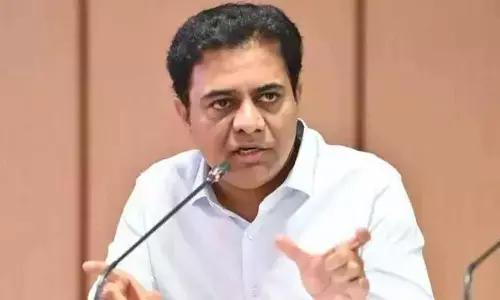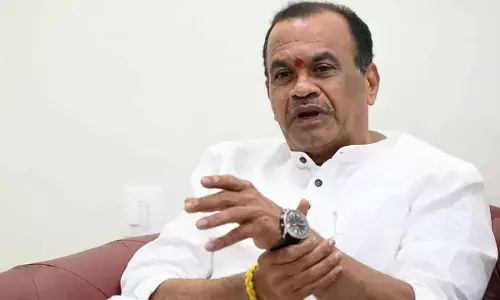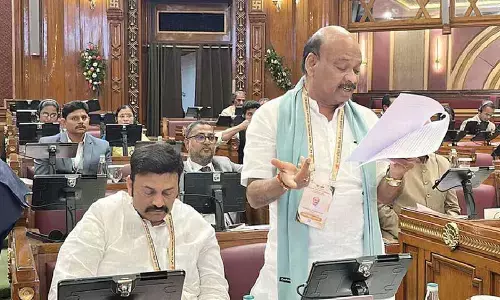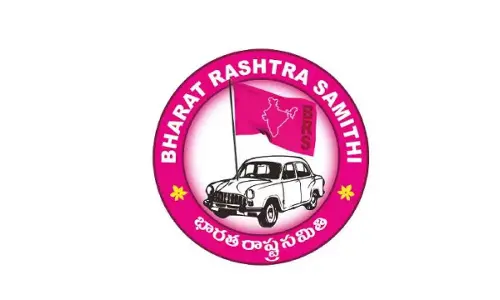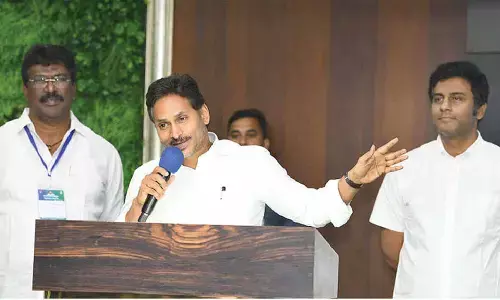When will Nari Shakti play big role in policy-making?
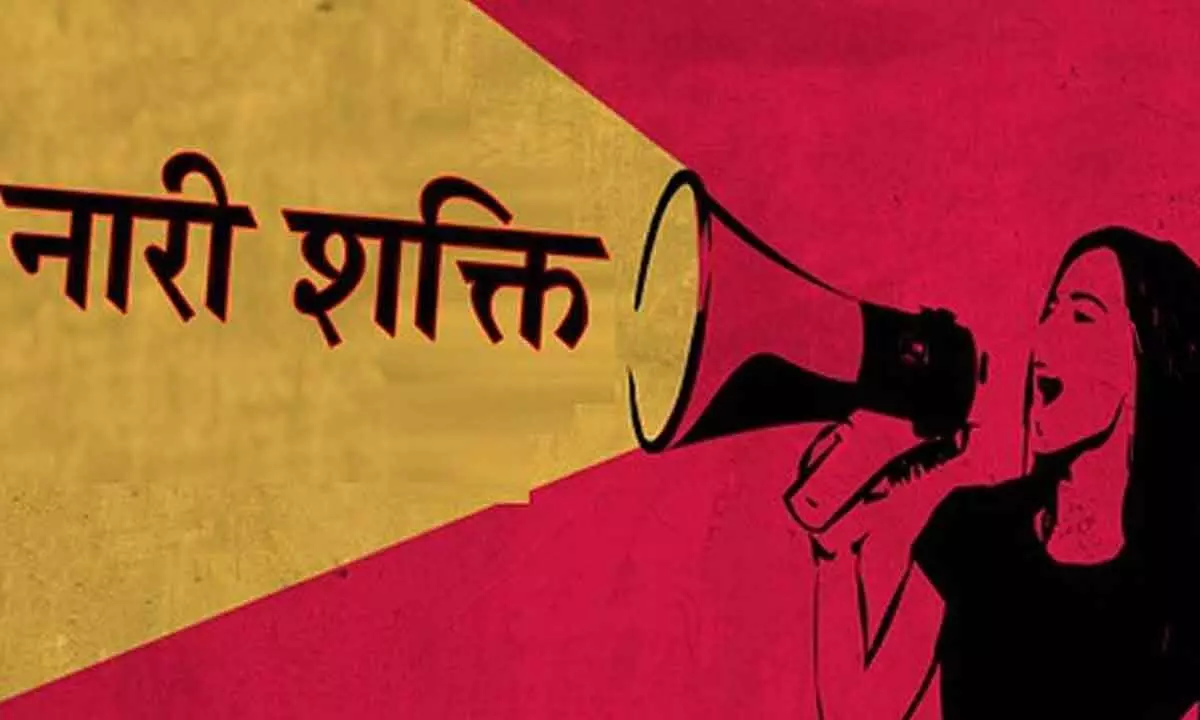
The Parliament House of India which began its first session in the new building, and which certainly is ‘Tryst with Modernity,’ displayed rare picture of bonhomie between the government and the opposition. While bidding adieu to the old Parliament building which now would be known as ‘Samvidhan Sadan’ it was nice to hear all the leaders cutting across the party lines recalling all the great leaders from Baba Saheb Ambdekar, Pt. Nehru, the first prime minister, Babu Rajendra Prasad, the first President of India to all those who contributed in making India what it is today.
The bonhomie continued even as the members led by Modi entered the new building and took up the business. It was a great moment to see all of them participate in the discussion when the government introduced the ‘Nari Shakti Vandan Adhiniyam’. It was refreshing to see that the Parliament function peacefully after very long time as the government introduced the women’s reservation bill which seeks to provide 33 percent quota for women in Lok Sabha and state assemblies which has been hanging for nearly three decades due to lack of consensus. It would certainly go down as “historic day” in the annals of new Parliament House of India.
Modi said that the Women’s Reservation Bill will strengthen democracy. “For many years, there have been several debates and controversies around women’s reservation. Many efforts were made in the Parliament. In 1996, the first bill related to this was introduced. During Atal Bihari Vajpayee’s tenure, many times Women’s Reservation Bill was brought but numbers could not be mustered for it and the dream was left unfulfilled. For that work of ensuring rights of women and putting their power to use and for many such noble works, God has chosen me.
So far so good. But then the most important thing is that though the bill would be passed by both the houses of Parliament, it would remain as a mere showpiece for elections as still there is a long way to go before women can enjoy the benefits of this bill. It will not come into effect till post delimitation of Lok Sabha seats in 2026. This implies that till 2029 Nari Shakti cannot be represented better in Parliament and assemblies.
The Prime Minister Modi and BJP say it is historical change. But there are certain points that need to be pondered over. The proponents stress the necessity of affirmative action to improve the condition of women. Some recent studies on panchayats have shown the positive effect of reservation on empowerment of women and on allocation of resources, they claim. But the question is when women are not allowed to function independently in local bodies will women legislators be allowed to function independently and effectively? Will Nari Shakti be really visible in Parliament and assemblies?
The crux of the issue is why political parties whether it is BJP or Congress, or any other party does not give tickets to more number of women candidates in Lok Sabha and assembly elections. For that they do not need any legislation.
Another question that arises is rotation of reserved constituencies in every election may reduce the incentive for an MP to work for his constituency as he may be ineligible to seek re-election from that constituency. The report examining the 1996 Women’s Reservation Bill recommended that reservation be provided for women of Other Backward Classes (OBCs) once the Constitution was amended to allow for reservation for OBCs. It also recommended that reservation be extended to the Rajya Sabha and the Legislative Councils. Neither of these recommendations has been incorporated in the Bill.








